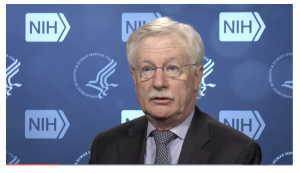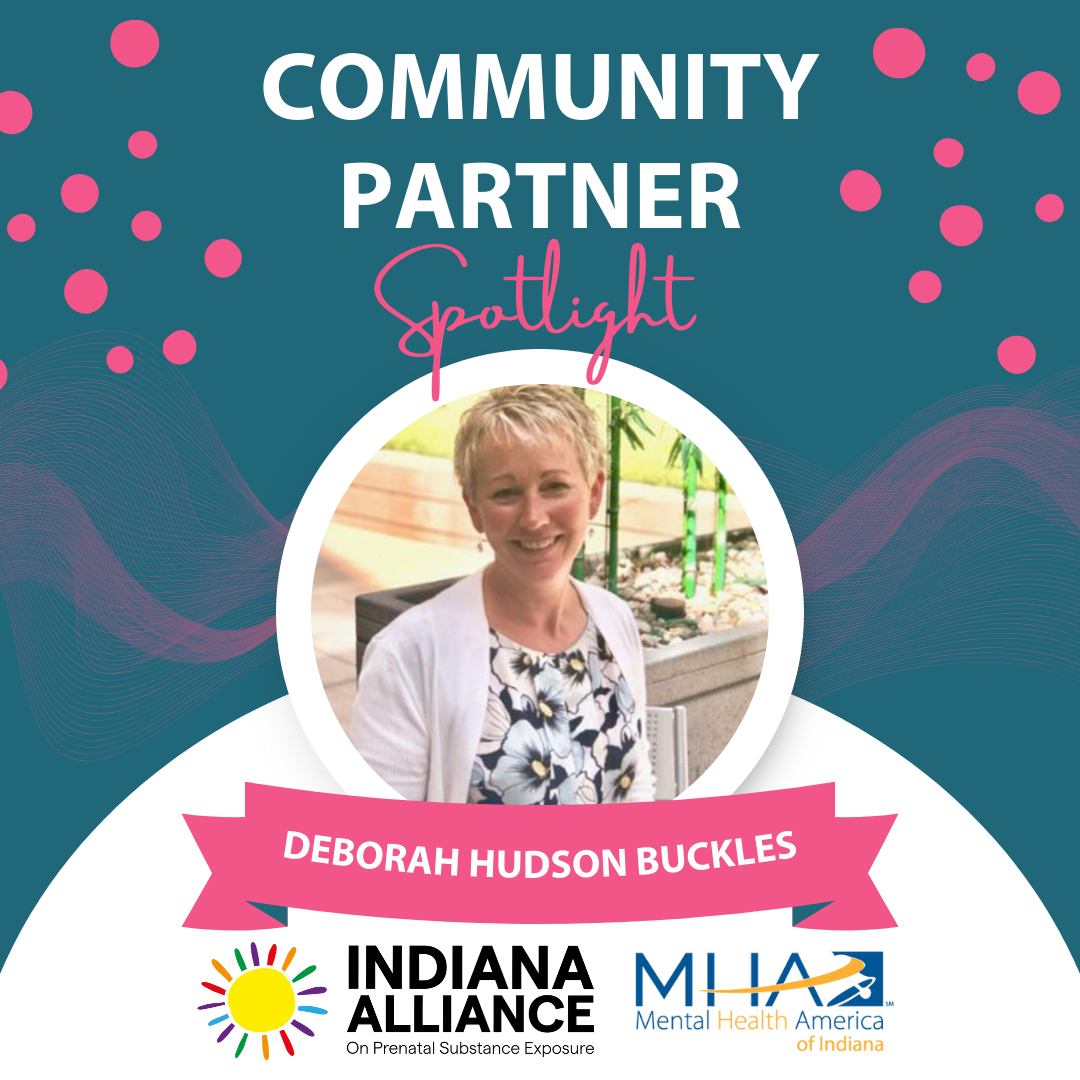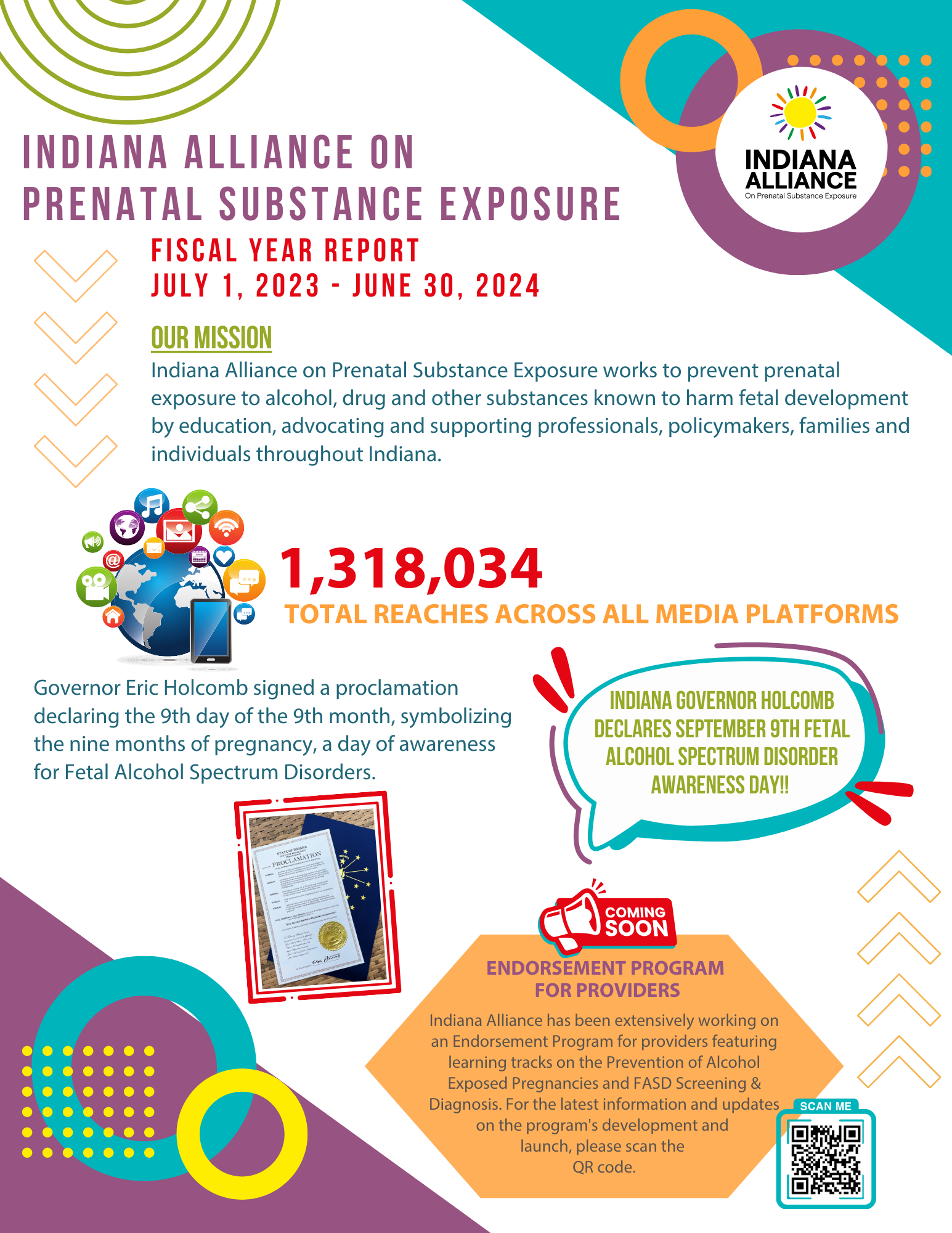Nearly four years ago, addiction specialist George Koob made one of his biggest life changes. At the age of 66, Koob took a leave of absence from The Scripps Research Institute to become the nation’s top scientist in treating and preventing alcoholism.
As director of the National Institute on Alcohol Abuse and Alcoholism, Koob administers an agency with work taking place around the globe. Part of the National Institutes of Health, the agency has an annual budget of around $500 million.
The job thrills him, Koob said in a recent interview. He likes learning from the scientists, and mentoring younger researchers. And while Washington D.C. lacks San Diego’s salubrious climate, Koob praises the nation’s capital as a “vibrant city,” with plenty of intellectual and cultural stimulation.
Koob also bears the responsibility of publicizing research so the public can benefit. He reaches out by talking to the press and through the NIAAA’s web site. The institute offers guidance through its Alcohol Treatment Navigator at j.mp/alcnavi. And one timely fact sheet lists myths and facts about holiday drinking: j.mp/holalcohol.
“The taxpayers are paying for this,” Koob said. “We need to get the information they paid for out to them to help them along. I think a lot of people don’t even know that there is a National Institute of Alcohol Abuse and Alcoholism, but it is a great resource for everything from prevention diagnosis and treatment.”
Having spent his professional life understanding the underpinnings of addiction, including alcohol abuse, Koob said he had been surprised to learn how little Americans know about alcohol’s effects.
“I think the other thing that surprised me was how little the evidence-based information gets out and we think we’ve changed that,” Koob said.
The growing emphasis on opioid addiction, as devastating as it is, shouldn’t obscure the toll from alcohol, Koob said.
“I think what the public doesn’t realize is what a problem alcohol can be. I mean, $250 billion a year in cost, 90,000 people a year die from alcohol use disorder,” he said, a number that includes indirect deaths such as those from drunken driving.
As with any disease, he said, the earlier alcohol abuse is treated, the better the results.
“My dream is that in my lifetime the medical system will understand if they treat addiction they’re going to save tons of money and medical costs,” he said.
Alcoholism’s toll
The good news is that the awareness of opioid abuse may help bring attention to the toll of alcohol abuse. For example, President Donald Trump has spoken out on both issues.
“I think the president’s emphasis on the opiate epidemic has generalized interest in addiction in general,” Koob said. “He spoke about his brother who suffered from alcohol use disorder.”
While President Trump doesn’t drink, his brother Fred was addicted to alcohol, dying of its complications in 1981 at the age of 43.
“He would tell me, ‘don’t drink’. He would say it over and over again,” Trump said during an October speech on the opioid epidemic, Fox News reported.
Along with spreading the knowledge gained from research, Koob continues learning in the director’s job.
One eye-opener came from a trip to South Africa, where Koob worked with a team researching fetal alcohol syndrome, which is prevalent there. The knowledge gained there could be applied in America to detect, treat and prevent cases.
“You go where the action is,” Koob said, summing up the philosophy. “It ranges everything from fetal alcohol spectrum disorder to Zika. These are things all over the world the National Institutes of Health participates in.”
And the trip was personally rewarding.
“I listened to many case histories for fetal alcohol syndrome over the time we were there,” he said. “It was really useful, because I now have a better idea of the fetal alcohol disorder spectrum.”
Fetal alcohol syndrome is associated with characteristic facial deformities and cognitive dysfunction. But in some cases the dysfunction comes without any obvious physical signs, Koob said.
Just before leaving for South Africa, Koob got word that he had been elected to the National Academy of Medicine. Part of the National Academies of Sciences, NAM advises the country on health and medical issues.
Apart from such expeditions and working with researchers, much of Koob’s work is administrative. His peers at the other NIH agencies as “mindbogglingly smart,” he said.
“I can’t speak for any other parts of the government, but the people that work at the NIH are unbelievably dedicated and work really hard,” he said.
Making a difference
Koob said he’s learned to weigh his words more carefully, because as an NIH director his statements are scrutinized.
“I don’t want to sound presumptuous but you have to actually think out what you’re doing and there’s a level of carefulness that has to be applied,” he said.
“A casual conversation with another institute director can actually initiate a program that’s going to change the field. I’m quite tired at the end of a day in Washington and I think it’s because you spend all day making decisions.”
Koob said he hopes to continue his role at NIAAA for some time.
“Right now I’m healthy, I’m fine and enjoying the job,” Koob said. The team of people I work with are just wonderful.”
And as for any larger legacy, Koob said he hopes it will be a public better informed on how to prevent and treat alcohol abuse.
“I just want NIAAA to be the evidence-based source of information on alcohol for the United States,” he said. “I’m doing everything I can to make sure that evidence is scientifically valid and gets out to the public.”
Click to watch video clip where Dr. Koob discusses the issue of alcohol use and misuse in society and the HBO Documentary, Risky Drinking, which offers a compelling first-hand – and no-holds-barred — look at this national problem through intimate stories of four people whose drinking dramatically affects their relationships and their lives.











